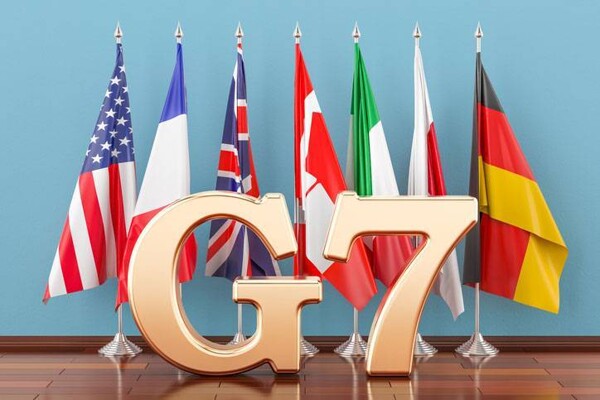
The International Monetary Fund (IMF) and the Inter-American Development Bank (IDB) issued a warning on Monday, stating that violent crime and insecurity continue to be significant obstacles to prosperity in Latin America and the Caribbean, resulting in losses that exceed 3% of the region's Gross Domestic Product (GDP).
Both institutions published detailed reports analyzing the situation, highlighting that these losses represent a missed potential that could be allocated to improving the quality of life in communities, boosting innovation, and strengthening infrastructure in the region.
According to the IMF, violent crime and insecurity, while national issues, show significant internal disparities in most countries. Homicides often concentrate in specific areas, such as border zones, key transportation infrastructure points, and coastal regions, affecting younger and less educated populations in cities and specific areas more.
Crime in the region has direct consequences, such as loss of life, deterioration in quality of life, increased public spending on security measures, and security costs for businesses, amounting to about 7% of annual sales for companies on average. Halving homicide rates could increase economic activity by an average of 30%, according to the IMF.
In Latin America and the Caribbean, approximately one third of global homicides are recorded with only 8% of the global population, generating a direct cost of crime that averages 3.44% of regional GDP. This figure represents a considerable financial burden, exceeding the educational budget, social programs, or investment in research and development in the region, emphasized Nathalie Alvarado, IDB coordinator, highlighting the importance of addressing these figures beyond mere statistics.














